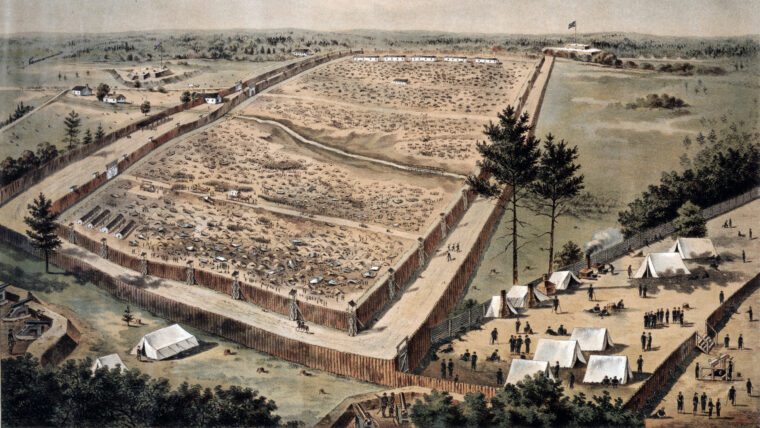
Abraham Lincoln
Prisons of the Civil War: An Enduring Controversy
By Michael E. HaskewThe June 19, 1861, editorial in the Charleston Mercury newspaper warned: “War is bloody reality, not butterfly sporting. Read more
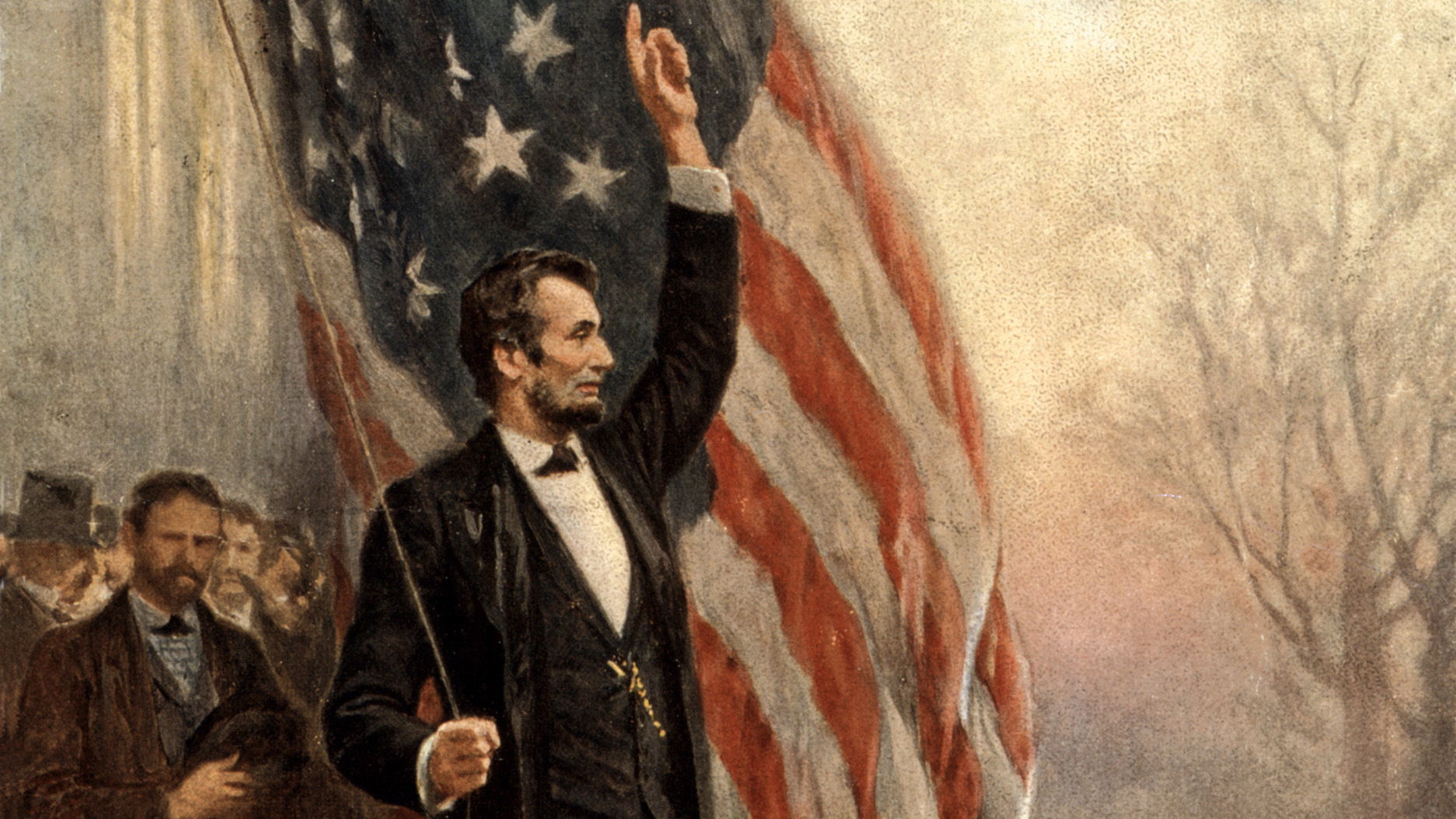
Abraham Lincoln served as the 16th President of the United States during the American Civil War. Abraham Lincoln was in office during perhaps the most critical time in the nation’s history and provided exceptional leadership. Lincoln is remembered as a man of wit and strategic vision. Abraham Lincoln’s Gettysburg Address is among the nation’s most treasured documents of freedom along with his Emancipation Proclamation, effective January 1, 1863, which freed slaves in territories in revolt against the United States. Abraham Lincoln was mortally wounded by assassin John Wilkes Booth on April 14, 1865, and died the following morning at the age of 56.

Abraham Lincoln
The June 19, 1861, editorial in the Charleston Mercury newspaper warned: “War is bloody reality, not butterfly sporting. Read more
Abraham Lincoln
Mr. Morris is the author of seven well-received books on 19th Century American history and literature. He has served as a consultant for A&E, the History Channel, and edited a three-book series for Purdue University Press on American Civil War and post-Civil War history, journalism and literature. Read more
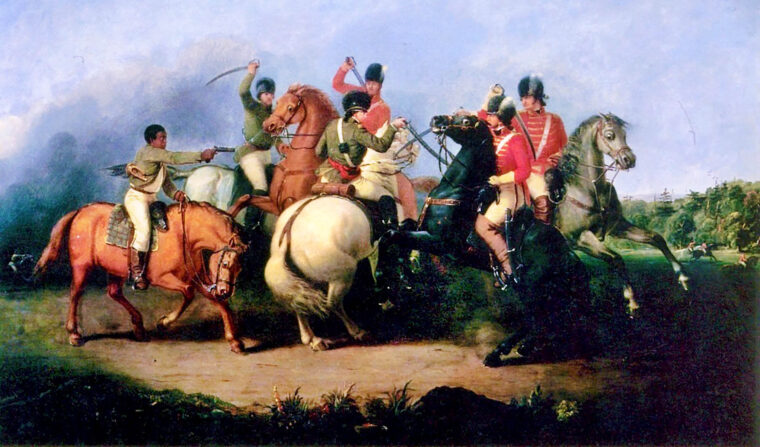
Abraham Lincoln
At last, students of American military history have recently been accorded some measure of respect to the tactical genius of Daniel Morgan. Read more
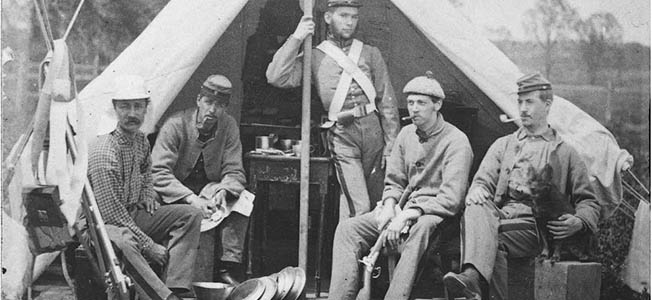
Abraham Lincoln
U.S. President Abraham Lincoln had no military experience and discarded most of Lt. Gen. Winfield Scott’s so-called Anaconda Plan, which critics deemed too conservative. Read more
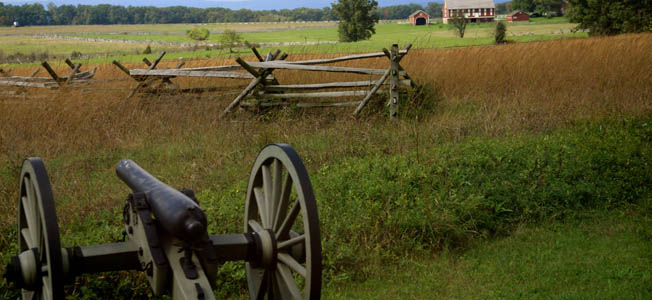
Abraham Lincoln
The American Civil War was the tragic culmination of divergent perspectives on the proper conduct of the government of the United States and socio-economic issues that had been frequently at the forefront of American political life for decades. Read more
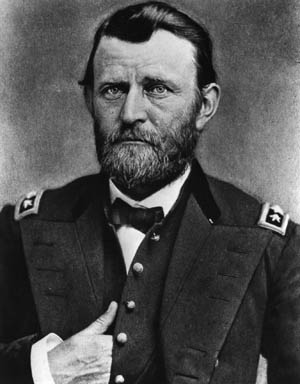
Abraham Lincoln
Born in Ohio in 1822, Ulysses S. Grant graduated from the United States Military Academy at West Point in 1843. Read more
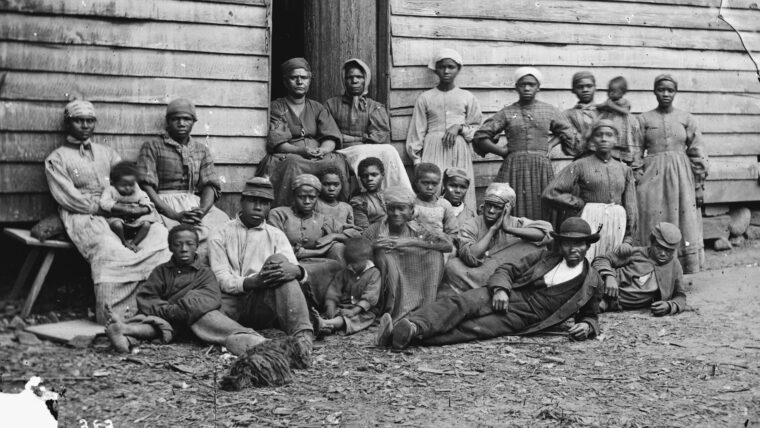
Abraham Lincoln
As the early days of the American Civil War were unfolding and the destiny of the republic was being contested on the battlefield, President Abraham Lincoln was engaged in a no less perilous type of battle. Read more
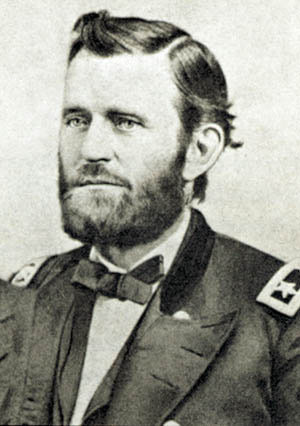
Abraham Lincoln
When the sun set on the Confederacy, the stars began to rise and shine, none more brightly for Northerners than that of Abraham Lincoln, and for Southerners than those of Robert E. Read more
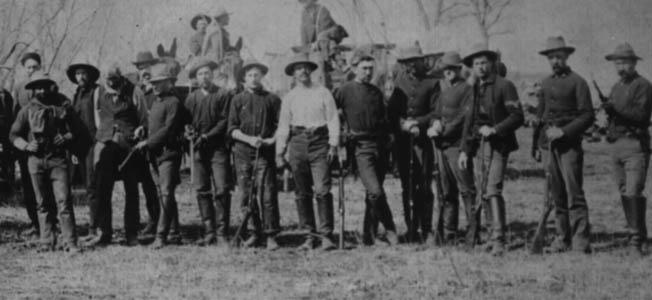
Abraham Lincoln
In 1864-1865 the U.S. Army had some 1,045,000 men in uniform; within a year after Appomattox, the number stood at 57,000. Read more
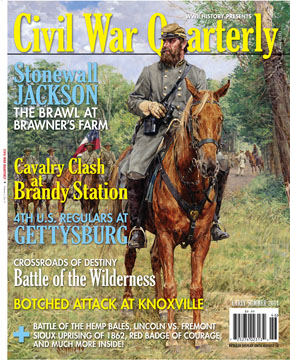
Abraham Lincoln
When the American Civil War erupted in April 1861, the 10 companies of the 4th U.S. Infantry were spread along the West Coast from Puget Sound to the Gulf of California in various small, far-flung garrisons. Read more
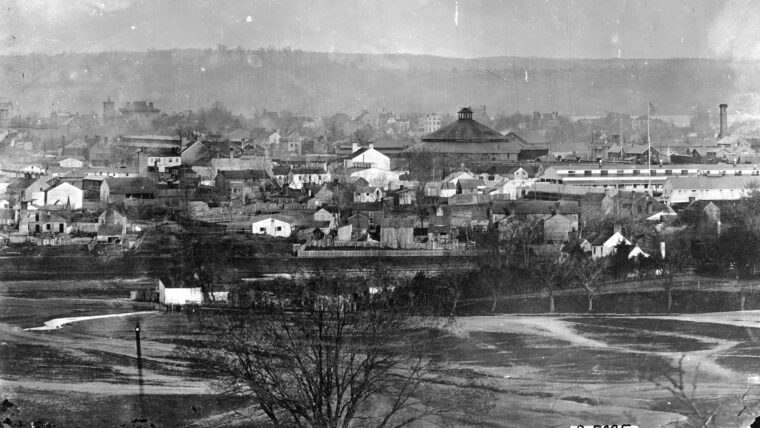
Abraham Lincoln
Under bright moonlight, Union troops marched into Alexandria, Virginia, on May 24, 1861, one day after Virginia seceded from the Union. Read more
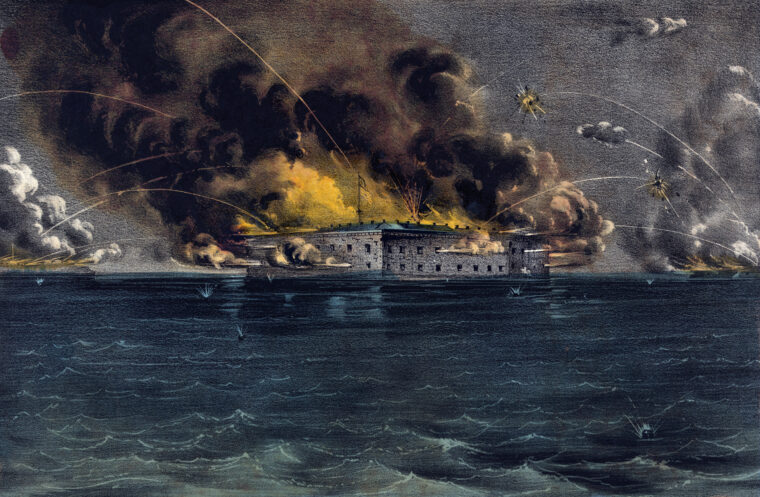
Abraham Lincoln
Shortly after midnight on the morning of April 12, 1861, four men in a rowboat made their way across the pitch-black harbor at Charleston, South Carolina, toward Fort Sumter, an unfinished and architecturally insignificant masonry fort three miles out from the city where the harbor meets the Atlantic Ocean. Read more
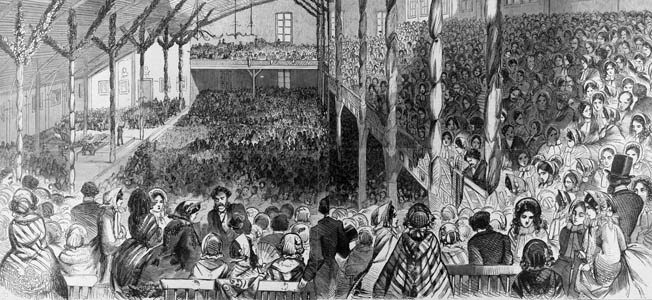
Abraham Lincoln
The sudden wreck of the Whig Party in the 1850s led to the development of a new political party to contend with Stephen Douglas and the Democrats. Read more
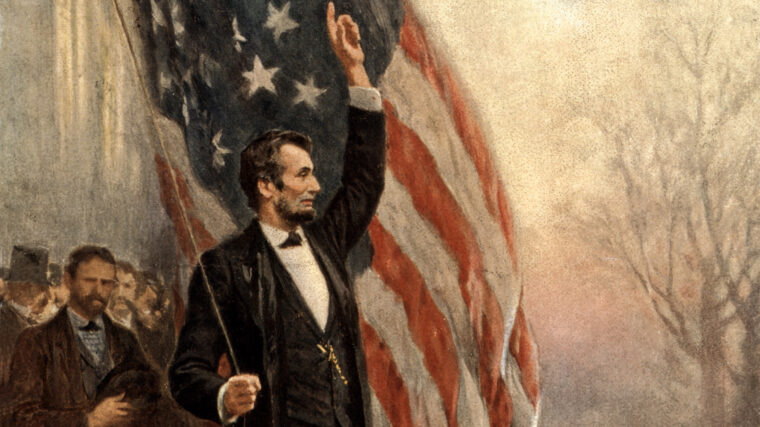
Abraham Lincoln
It was unseasonably warm in Charleston when the Democratic National Convention opened for business at noon on April 23, 1860. Read more
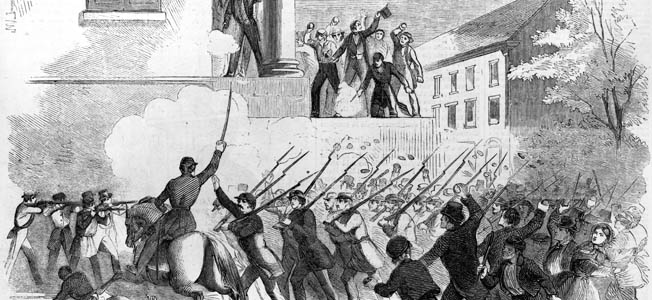
Abraham Lincoln
At the beginning of 1861, Missouri was in turmoil. A slave state since its inception in 1820, Missouri had grown increasingly tied to urban industry. Read more
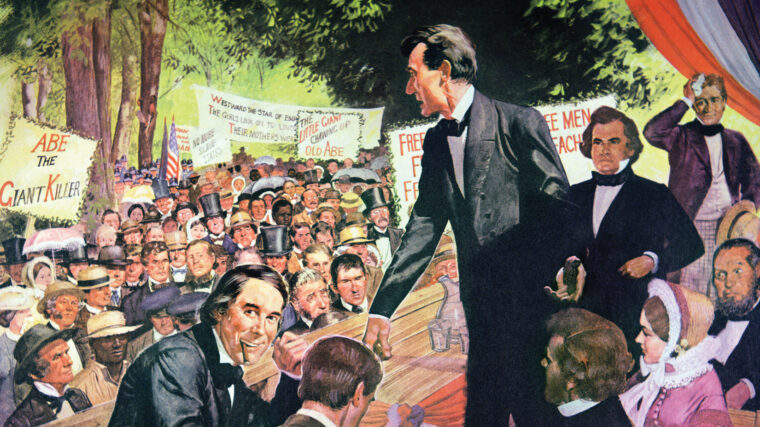
Abraham Lincoln
The two men facing each other across the debate stage at Ottawa, Illinois, on the afternoon of August 21, 1858, were no strangers to one another. Read more
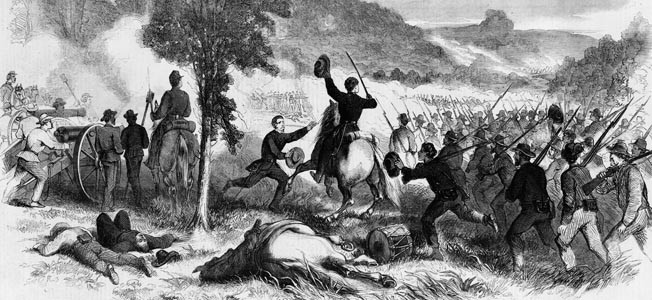
Abraham Lincoln
As the early days of the Civil War were unfolding and the destiny of the republic was beginning to be contested on the battlefield, Abraham Lincoln was engaged in a no less perilous type of battle. Read more

Abraham Lincoln
The year 1864 was shaping up to be a critical one in the American Civil War. During the previous year, Federal armies had gained control of the Mississippi River and consolidated their grip on Tennessee. Read more
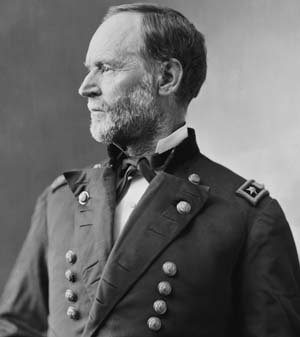
Abraham Lincoln
By Mike Haskew
Union General William T. Sherman was a friend and trusted subordinate of General Ulysses S. Grant, commander of all Union armies in the field during the Civil War. Read more
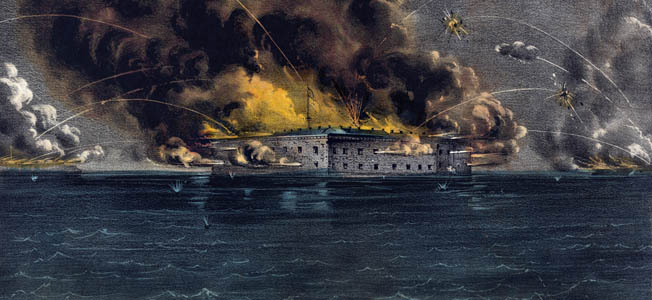
Abraham Lincoln
One of the catalysts for a major rebellion in the United States were irregular warfare in “Bleeding Kansas” from 1854 to 1861 between anti-slavery Free Staters and pro-slavery border ruffians. Read more